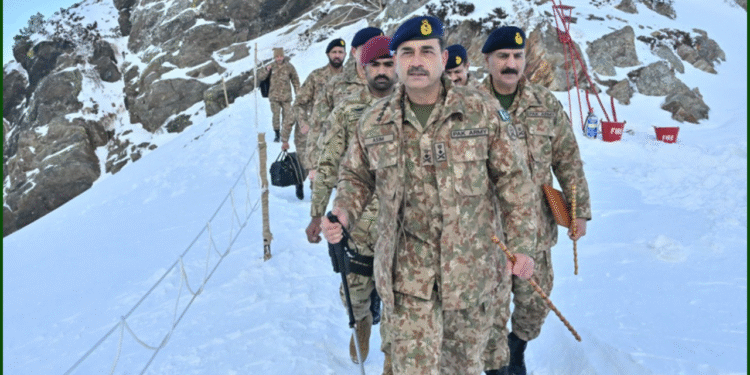Pakistan has pledged a comprehensive and forceful response to any potential Indian military actions or interference with vital water resources, according to its ambassador to Russia, Muhammad Khalid Jamali. In an exclusive interview with a Moscow-based news outlet, Jamali emphasized Pakistan’s readiness to utilize its full range of defensive capabilities, including nuclear options, should India initiate hostilities.
The ambassador’s comments come amid escalating tensions following a violent incident on April 22 in Indian-administered Jammu and Kashmir, where an attack in Baisaran Valley claimed several civilian lives. India has pointed fingers at Pakistan, alleging that the perpetrators were Pakistani nationals supported by Islamabad. Pakistan has firmly rejected these claims, advocating for a transparent international probe involving neutral parties such as Russia or China to investigate the incident.
Jamali revealed that Pakistan possesses credible intelligence suggesting India may be planning targeted strikes on Pakistani territory. “We have information indicating potential aggressive moves by India,” he stated, describing the threat as immediate and pressing. He warned that any such actions would prompt a decisive retaliation from Pakistan.
Further fueling the discord is India’s recent move to challenge the Indus Waters Treaty, a critical 1960 agreement that regulates the sharing of river waters between the two nations. Jamali described any attempt to disrupt Pakistan’s water supply as a “direct provocation” that would be treated as an act of war. “Our response would be swift and encompass all necessary measures to protect our sovereignty,” he asserted.
While underscoring Pakistan’s defensive posture, the ambassador also called for de-escalation, acknowledging the catastrophic risks posed by the nuclear capabilities of both nations. “Cooler heads must prevail to avoid a dangerous spiral,” he urged, appealing for diplomatic efforts to reduce tensions.
In response to the April incident, India has taken punitive measures, including expelling Pakistani diplomats, halting visa issuances, and sealing its land border with Pakistan. Pakistan reciprocated with similar actions, further straining bilateral relations. India has also signaled plans to impose additional economic restrictions, deepening the diplomatic rift.
Global analysts are closely monitoring the situation, expressing concern over the potential for miscalculation between the two South Asian powers. Calls for restraint and dialogue are growing louder as the international community seeks to prevent a broader conflict in the region.

















































